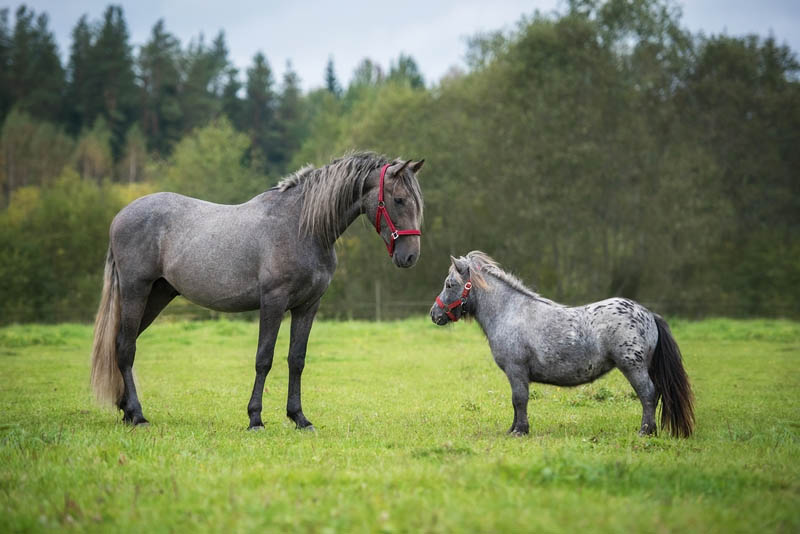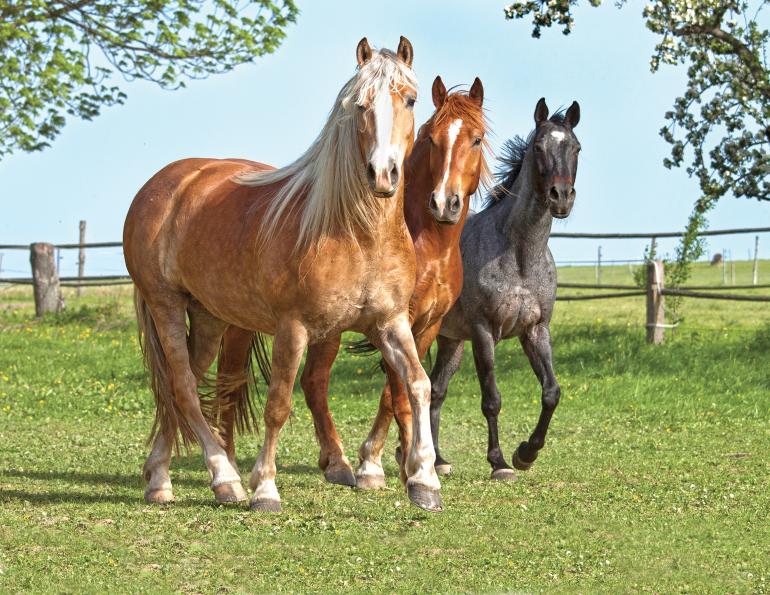Horse Weight: Understanding the ideal heap of a horse is imperative for ensuring its prosperity and execution. In this broad assistant, we’ll dive into various perspectives enveloping ordinary horse weight, uncovering an understanding of its definition, significance, factors influencing it, typical burdens by breed, methods for assessing and noticing, consequences of deviations from the best weight, techniques for regulating weight, and the overall meaning of saving an optimal burden for horse thriving and execution.
Importance of Typical Horse Weight
The regular horse weight implies the typical weight, an area seen as great for horses of various assortments, ages, and sizes. It fills in as a fundamental indication of their overall prosperity and importance. Achieving and keeping a reasonable weight ensures the horse’s genuine flourishing and ability to perform various tasks.

Meaning of Understanding Horse Weight
Understanding the ordinary horse’s weight is essential considering numerous variables. As a matter of some importance, it licenses horse owners, mentors, and veterinarians to screen the animal’s prosperity status and separate any deviations from the standard expediently. Besides, keeping an ideal weight is essential for ensuring the horse’s life expectancy, perseverance, and for the most part execution in various activities, including riding, hustling, and challenge.
Factors Influencing Horse Weight
A couple of factors influence the weight of a horse, including breed characteristics, age, improvement stage, and prosperity and sustenance. Breed characteristics expect a basic part in concluding the generally common weight and area for different kinds of horses.
Age and advancement stages in like manner impact weight, with additional young horses regularly weighing not precisely mature adults. Moreover, the horse’s prosperity status and healthy affirmation directly impact its weight, with lacking food or principal clinical issues potentially provoking deviations from the best weight in an area.

Ordinary Burdens by Breed
The ordinary heap of a horse vacillates generally depending upon its assortment. Light horse breeds, similar to Arabians and Unadulterated blood, routinely have a more slim structure and weigh less diverged from medium and profound horse breeds. Medium horse breeds, like Quarter Horses and Paints, fall inside a moderate weight area, while significant horse breeds, for instance, Draft horses, are known for their greater size and more essential weight.
Assessing and Checking Horse Weight
Definitively assessing and checking a horse’s weight is key for reviewing prosperity status and perceiving any progressions that could exhibit fundamental issues. Various methods, for instance, using a tamed creatures scale or weight tape, can be used to check a horse’s weight definitively. It’s in like manner central to spread out a standard plan for weight checks to observe any movements long-term and change the board practices as necessary.
Implications of Underweight or Overweight Horses
Both underweight and overweight horses face gigantic prosperity and take a risks that can impact their thriving and execution. Underweight horses could encounter the evil impacts of dietary insufficiencies, crippled safe systems, and decreased perseverance, affecting their ability to perform tasks. On the other hand, overweight horses have leaned to heaviness-related clinical issues, similar to insulin resistance, laminitis, and joint issues, which can ruin their transportability and everyday individual fulfillment.
Regulating Horse Weight
Managing a horse’s weight incorporates doing reasonable sustenance thoughts, figuring out timetables and veterinary thought shows to promise it keeps an optimal weight. Giving a good eating routine custom fitted to the horse’s particular necessities is crucial for supporting its overall prosperity and hindering weight-related issues.
Standard action and development levels should be changed considering the horse’s age, breed, and arranged use to propel weight upkeep and muscle improvement. Likewise, routine veterinary check-ups and noticing are crucial for recognizing any clinical issues all along and executing principal mediations to stay aware of the horse’s ideal weight.
What is considered the average weight for a horse?
The average weight of a horse can vary significantly depending on factors such as breed, age, and size. However, a typical range for adult horses falls between 900 to 1,200 pounds.
How do I determine if my horse is underweight or overweight?
You can survey your pony’s weight by outwardly analyzing its body condition and utilizing strategies like inclination for ribs and evaluating fat stores. Talking with a veterinarian can give a more exact assessment and direction on keeping an ideal weight.
What factors influence a horse’s weight?
A few variables impact a pony’s weight, including breed qualities, age, diet, practice level, and general well-being. Hereditary qualities likewise assume a part, for certain varieties normally being bigger or more modest than others.
What health risks are associated with underweight horses?
Underweight ponies might be in danger of wholesome lacks, debilitated safe frameworks, diminished energy levels, and unfortunate muscle improvement. They may likewise be more powerless against diseases and wounds because of their debilitated condition.
What are the dangers of having an overweight horse?
Overweight ponies are in danger of different medical problems, including stoutness, insulin opposition, laminitis, joint issues, and cardiovascular issues. An overabundance of weight can likewise weaken a pony’s versatility and execution capacities.
Conclusion
With everything taken into account, understanding and staying aware of the ideal heap of a horse are essential pieces of careful horse ownership and the board. By considering factors like assortment characteristics, age, food, and prosperity, horse owners can ensure their animals stay sound, lively, and fit for performing various endeavors effectively.
Typical checking, genuine food, exercise, and veterinary thought are basic pieces of a broad weight the chiefs plan, in the long run adding to the horse’s life expectancy and execution potential. In this way, zeroing in on the upkeep of an ideal weight is head for the overall flourishing and execution of horses.
Read more
